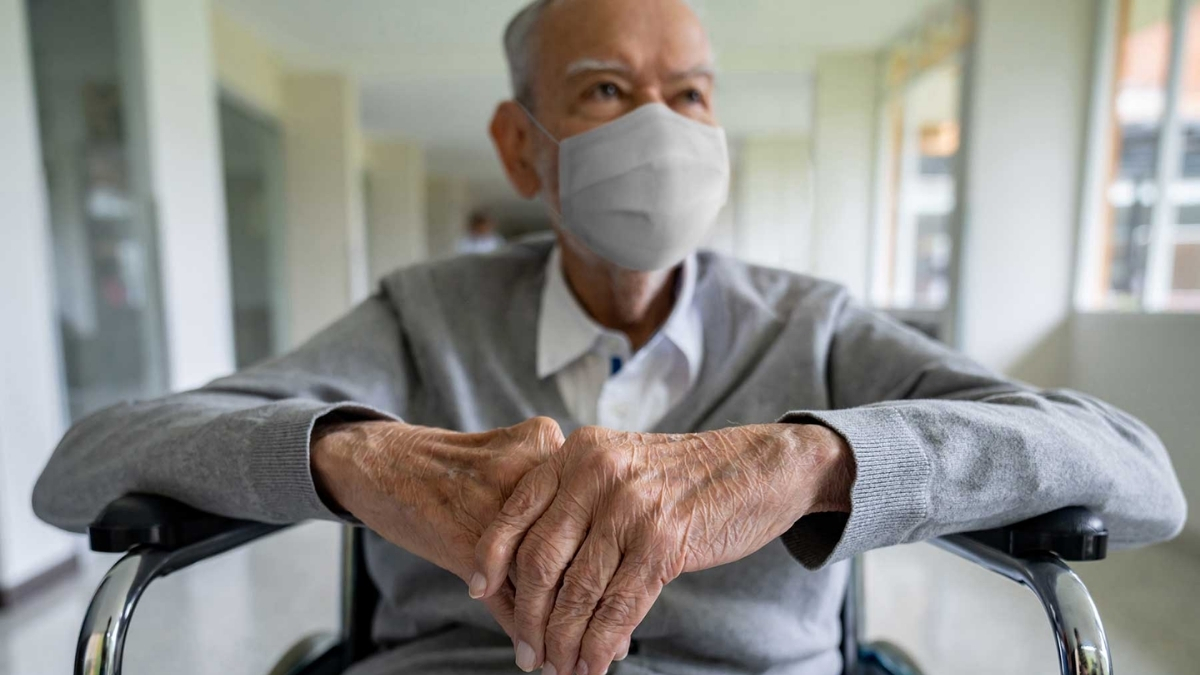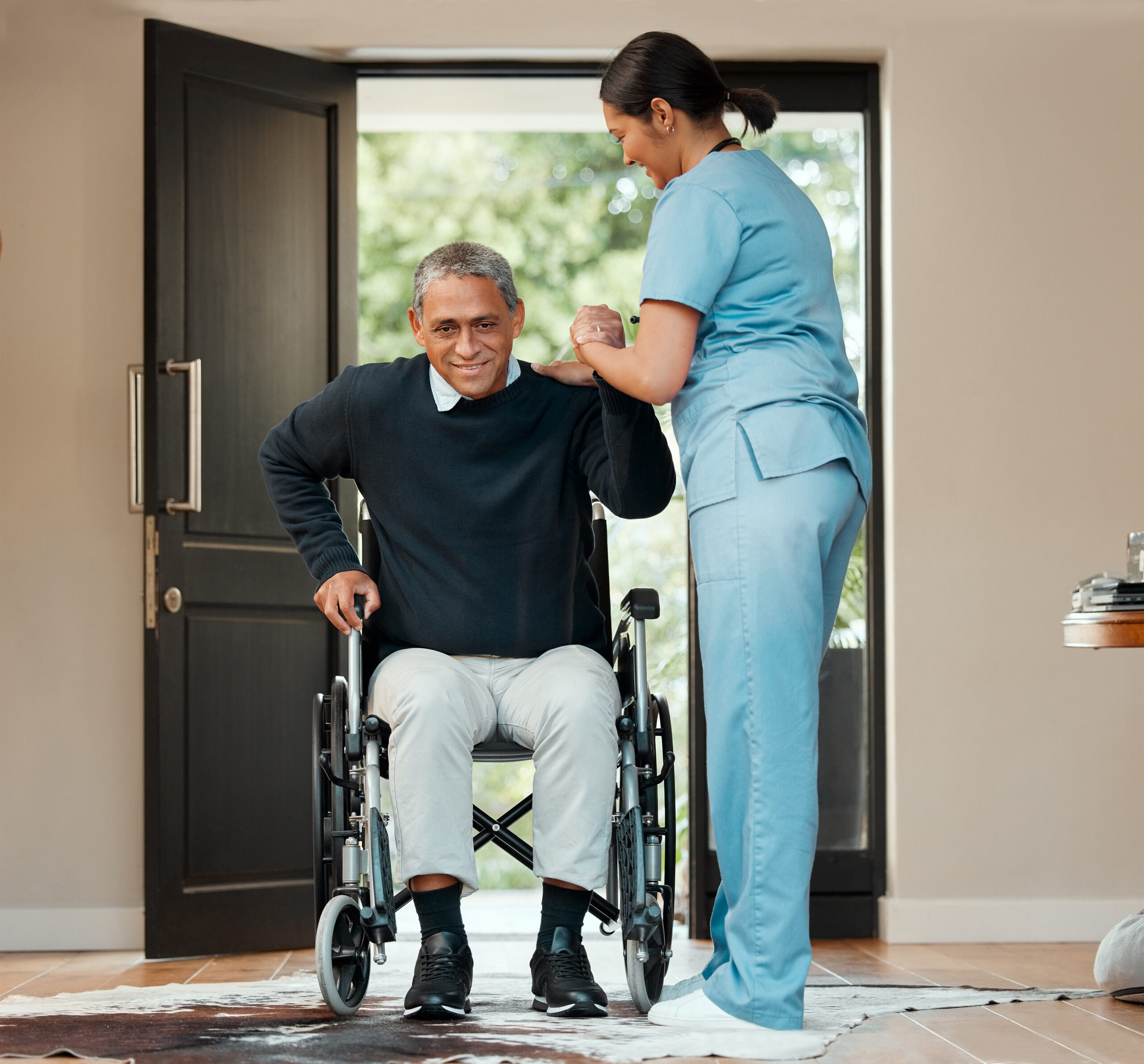 As we all face the considerable challenges brought on by the coronavirus pandemic, Amramp would like to share the following tips to help people with mobility challenges and their caregivers to prevent, as much as possible, the spread of the coronavirus.
As we all face the considerable challenges brought on by the coronavirus pandemic, Amramp would like to share the following tips to help people with mobility challenges and their caregivers to prevent, as much as possible, the spread of the coronavirus.
Educate Yourself About COVID-19 Prevention
Be aware of COVID-19 symptoms and contact your health care provider if you believe you or a loved one has been exposed to or contracted the virus. Follow the recommendations of the Centers for Disease Control, the World Health Organization, and your state and local requirements for protecting yourself and others from contracting the virus.
Contact Your Home Health Care Provider
If your caregiver works for a health care agency and you have concerns about your health and safety, contact the agency to find out more about what precautions they are taking to ensure their staff is following proper protocols to ensure they do not spread COVID-19.
Be Assertive About Following Guidelines
Engage in a dialogue regarding home cleanliness and personal hygiene with your caregiver. Make sure your care provider is observing guidelines for handwashing and disinfecting surfaces and equipment. If your caregiver has access to masks and gloves, insist that they wear them, and have them use a different bathroom than you if possible. These actions will help to protect you both.
Take Extra Precautions
Wheelchair users should regularly disinfect surfaces, especially those that are frequently touched. High-concentration ethanol alcohol mixtures, hydrogen peroxide, and bleach are all effective disinfectants. Manual wheelchair users, especially those at higher risk of severe symptoms due to secondary complications, should consider regularly disinfecting their push rims.
Hold Residential Facilities to Enhanced Standards
If you or your loved one resides in a group home, a nursing facility, or any type of assisted living center, make sure they are following recommended protocols. These steps include enhanced cleanliness regimens, suspension of visitation, staggered mealtimes, daily temperature taking, and the cancellation of group activities. If the loved one’s condition and your living arrangements allow, consider bringing your loved one home until the crisis passes.
Develop a Back-Up Plan
Be sure to have a back-up plan in place now in case your caregiver becomes ill and is unable to work. Some solutions to consider include asking friends or family members to help where they can, obtaining the supplies and training needed to complete certain tasks by yourself, and make others aware of your medical status and health care needs in case of an emergency.
Amramp is a leading national provider of wheelchair ramps, stair lifts, vertical platform lifts and other home accessibility solutions. For more information, please visit our home page at www.amramp.com, call us at 888-715-7598 or email us at info@amramp.com to be connected to your local Amramp expert.




